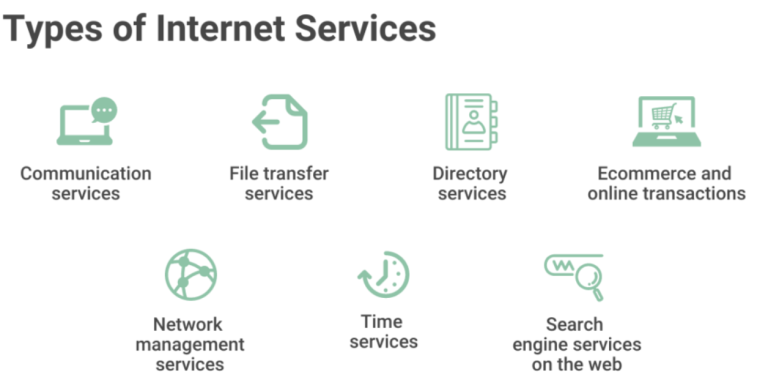Contents
Why Employee Benefits Matter for Small Businesses
- Attracting Top Talent: A competitive benefits package can make your small business stand out from the crowd and attract skilled professionals who might otherwise be drawn to larger companies with more extensive benefits.
- Retaining Valuable Employees: Offering a robust benefits package demonstrates that you value your employees’ well-being and are invested in their long-term success. This can foster loyalty and reduce employee turnover, saving your business time and money in the long run.
- Boosting Morale and Productivity: When employees feel appreciated and supported, they are more likely to be engaged and motivated in their work, leading to increased productivity and overall success for your business.
- Improving Your Company Culture: A strong benefits package can help create a positive and supportive company culture, where employees feel valued and are more likely to collaborate and contribute to a thriving workplace.
Key Components of an Employee Benefits Package
1. Health Insurance
- Medical, Dental, and Vision: Offering health insurance is a crucial benefit that shows your employees you care about their well-being. Consider offering comprehensive coverage that includes medical, dental, and vision care.
- Health Savings Accounts (HSAs) and Flexible Spending Accounts (FSAs): These accounts allow employees to set aside pre-tax dollars for qualified medical expenses, providing additional financial support for their healthcare needs.
2. Retirement Plans
- 401(k) Plans: These plans allow employees to save for retirement on a pre-tax basis, with many employers offering matching contributions to further incentivize saving.
- Simplified Employee Pension (SEP) Plans: These plans are a simpler alternative to 401(k)s, particularly for small businesses with few employees.
- SIMPLE IRA Plans: These plans offer another option for small businesses, combining features of 401(k)s and traditional IRAs.
3. Paid Time Off (PTO)
- Vacation, Sick Leave, and Personal Days: Providing paid time off allows employees to recharge and attend to personal matters without sacrificing their income. Consider offering a generous PTO policy that includes vacation days, sick leave, and personal days.
- Paid Holidays: Recognizing and observing major holidays with paid time off demonstrates respect for your employees’ cultural and personal traditions.
4. Flexible Work Arrangements
- Remote Work Options: Allowing employees to work from home or other remote locations can improve work-life balance, reduce commuting stress, and increase overall job satisfaction.
- Flexible Schedules: Offering flexible work hours or compressed workweeks can accommodate employees’ personal needs and create a more adaptable work environment.
5. Professional Development Opportunities
- Training and Education: Investing in your employees’ professional development shows that you are committed to their growth and advancement within your company. Consider offering reimbursement for courses, conferences, or certifications related to their field.
- Mentorship Programs: Pairing employees with experienced mentors can provide valuable guidance, support, and opportunities for career development.
6. Additional Benefits to Consider
- Life Insurance and Disability Insurance: These benefits provide financial protection for employees and their families in the event of unexpected circumstances.
- Employee Assistance Programs (EAPs): EAPs offer confidential counseling and support services for employees dealing with personal or work-related challenges.
- Wellness Programs: Promoting employee health and wellness can lead to increased productivity, reduced absenteeism, and improved morale. Consider offering gym memberships, healthy snacks, or on-site fitness classes.
- Childcare Benefits: Providing childcare assistance or on-site childcare facilities can be a valuable benefit for working parents.
- Commuter Benefits: Offering pre-tax transit passes or parking reimbursement can ease the financial burden of commuting for your employees.
- Employee Discounts: Partnering with local businesses or offering discounts on your own products or services can be a fun and appreciated perk.
- Pet Insurance: Pet insurance can help employees cover the cost of veterinary care for their furry companions.
- Identity Theft Protection: Offering identity theft protection services can provide peace of mind for employees concerned about their personal information security.
- Student Loan Repayment Assistance: Helping employees pay down their student loan debt can be a significant financial benefit, particularly for recent graduates.
Creating a Benefits Package that Fits Your Budget
- Start with the Essentials: Focus on providing the core benefits that are most important to your employees, such as health insurance, retirement plans, and paid time off.
- Prioritize Based on Your Workforce: Consider the demographics and needs of your employees when selecting benefits. For example, if you have a young workforce, student loan repayment assistance might be more appealing than childcare benefits.
- Offer Voluntary Benefits: Allow employees to choose from a selection of voluntary benefits, such as pet insurance or identity theft protection, that they can pay for through payroll deductions.
- Negotiate with Providers: Shop around and negotiate with different insurance providers and vendors to get the best possible rates for your benefits package.
- Communicate Effectively: Make sure your employees understand the value of their benefits package and how to utilize them effectively.
Conclusion
A well-crafted employee benefits package is an essential tool for small businesses looking to attract and retain top talent. By offering a competitive mix of benefits that address the needs of your workforce, you can create a positive and supportive work environment that fosters loyalty, engagement, and overall success for your business. Remember, the key is to prioritize the benefits that matter most to your employees and create a package that fits your budget while still providing significant value. By investing in your employees’ well-being, you are investing in the future of your small business.
Read More: Attracting Top Talent: The Ultimate Small Company Benefits Package






